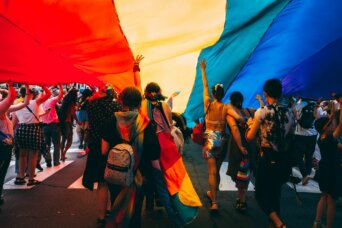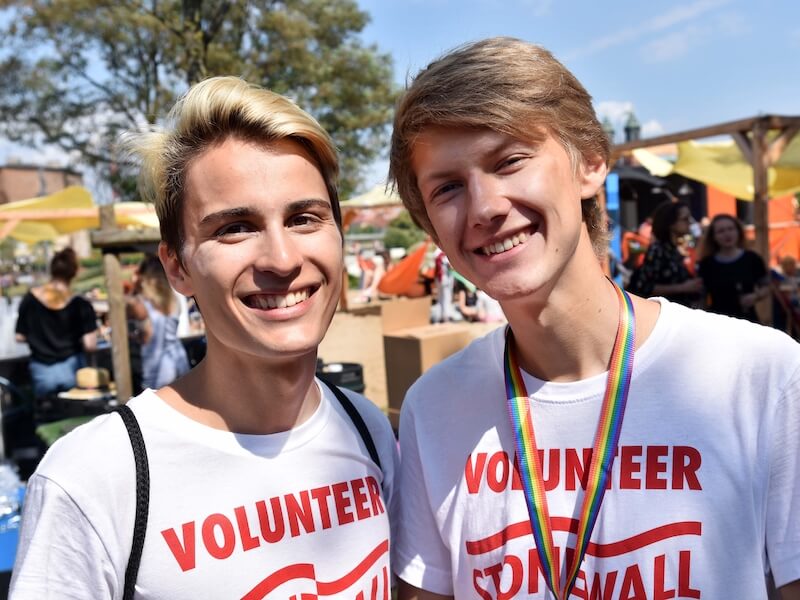- About
- Topics
- Story
- In-Depth
- Picks
- Opinion
- News
- Donate
- Signup for our newsletterOur Editors' Best Picks.Send
Read, Debate: Engage.
| topic: | LGBT Rights |
|---|---|
| located: | Montenegro |
| editor: | Katarina Panić |
It has been over a year since Montenegro became the first non-EU Balkan state to legalise same-sex partnerships. It was seen as a significant victory considering how socially conservative the country was at the time. It took a year for the first marriage to be performed: two young women, originally from the Balkans but living abroad, married in the coastal city of Budva last July. To protect them from conservative outlash, their identities have remained hidden.
Montenegro's first ever pride parade was held in Budva in July of 2013 in an atmosphere of violence and heavy police presence. Since then, there have been many advancements in the fight for visibility and acceptance; yet, the latest parade that took place last Saturday in the Montenegrin capital, Podgorica, showed that there is yet a lot of work to be done and that despite the implementation of the new legislation, not much has changed in real life.
Namely, the four main requests the activists articulated on that day vividly show the status of the LGBTQ+ community today.
Their first request concerns the twenty-six related laws and bylaws that still await amendment following legalisation of same-sex unions. Secondly, they denounce the year-long deprivation of hormonal therapy for the transgender community. Thirdly, the activists continue their campaign for the adoption of a law on gender identity that is based on self-determination. Lastly, the activists demand improvement of judicial practices related to hate speech against members of the LGBTQ+ community.
On the bright side, however, no violent incidents were reported at the parade, and much fewer police were asked to be present for an event labelled “high risk.” Furthermore, many more officials than ever before - from both the ruling party and the opposition - were present to support the LGBTQ+ community in fighting for its right to be treated equally in society.
The NGO Queer Montenegro organised the Pride under the slogan "Love People." Milojko Spajić, the Minister of Finance, attended the march and described that the participants in the parade sent out a message of normality.
"The message is that days like this are a regular thing for Montenegro. Montenegro must not be enslaved by any phobia: homophobia, xenophobia, church-phobia, any phobia,” Spajić told reporters in Podgorica. “We are an open society for everyone. We should respect and nurture all differences. That is our strength. I am also proud to be from Montenegro on days like this."
A full harmonisation of the legal system is needed; otherwise, the enforcement of segmented and conflicting laws remains the weakest link in the progress towards equal rights.
Photo by Mercedes Mehling

